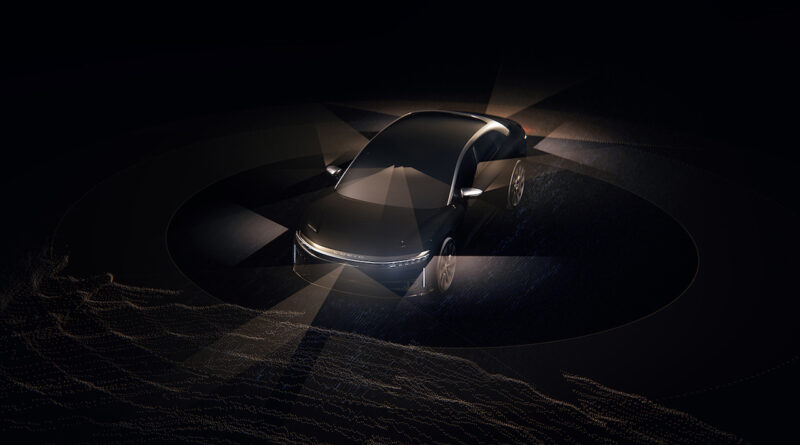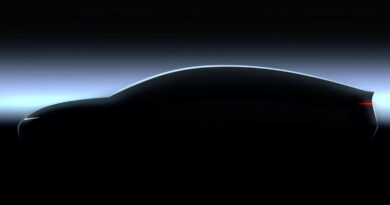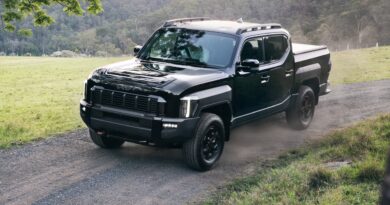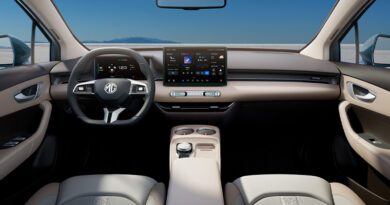Elon predicts doom, but Lucid Air will launch with Lidar
The rivalry between EV superstar Tesla and newcomer Lucid has taken another intriguing turn with the precocious start-up confirming it is embracing technology Elon Musk has personally derided.
The forthcoming Lucid Air – a rival to the Tesla Model S that is due for its global reveal in September 9 – will be one of the first cars to feature Lidar as a key component in its semi-autonomous driving system, which it dubs DreamDrive.
Lidar stands for Light Detection and Ranging and as is name suggests it is a method for measuring distances by illuminating the target with laser light and measuring the reflection with a sensor.
In 2019 Tesla supremo Musk dismissed Lidar: “Anyone relying on Lidar is doomed.”
Most major car makers developing autonomous drive systems believe Lidar is critical for providing additional information to the computer, especially during freeway driving at high speeds.
Tesla’s semi-autonomous system uses radar, cameras and ultrasonics. It is controversially dubbed Autopilot, a name has recently been banned in Germany. The system has been rebranded Autodrive there.
This isn’t the only point of conflict between Tesla and Lucid.
Last month Lucid crowed about its Model-S-beating aero figures and claimed the Air could match the Tesla’s 640km range.
Of course, a lot of the rivalry generates form the fact that Peter Rawlinson, CEO and CTO of Lucid Motors, is the original chief engineer of the Model S.
Lucid isn’t relying on Lidar alone to provide the Air’s level 2 semi-autonomous capability. In total it is fitted with 32 multimodal sensors including camera, radar and ultrasonics that give it the capability of operating in all conditions.
“When we start customer deliveries for initial versions of the Lucid Air early in 2021, DreamDrive will offer the most comprehensive sensor suite on the market,” Lucid bragged in a statement.
“And it’s expected to be the first combining Lidar with an innovative driver monitoring system as standard equipment.”
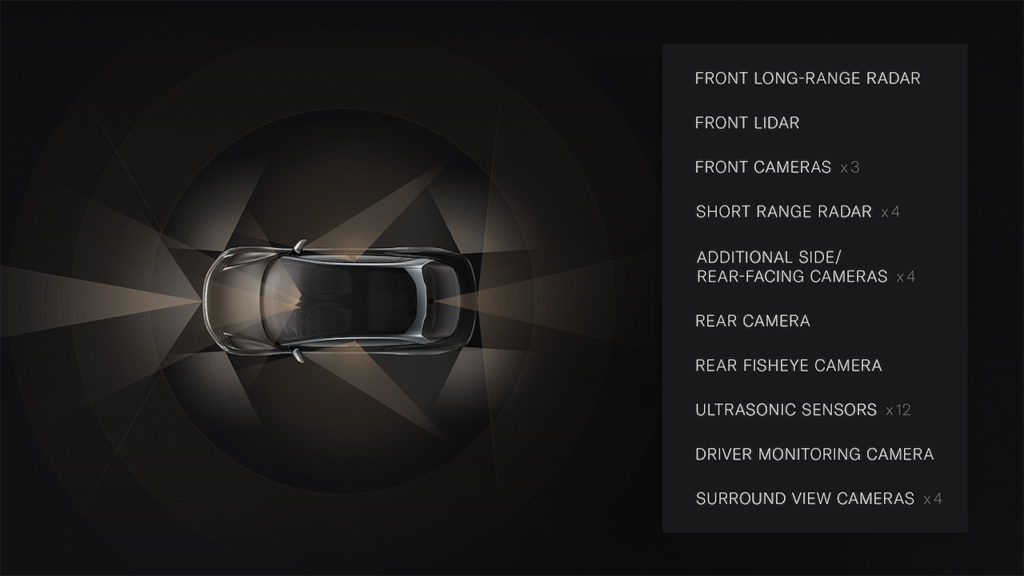
At the start of production DreamDrive will offer Level 2 autonomous functionality – equivalent to what many cars currently on sale in Australia have – and include 19 safety, driving, and parking assist features. A further eight advanced features are expected soon afterwards, delivered via over-the-air updates.
Lucid says DreamDrive is ready for upgrades to Level 3 features as they become available.
It’s also crowing because it is the first drive assist system built on a high-speed Ethernet Ring electric architecture, which also serves as a fully redundant platform for key functions like steering, brakes, and sensors.

